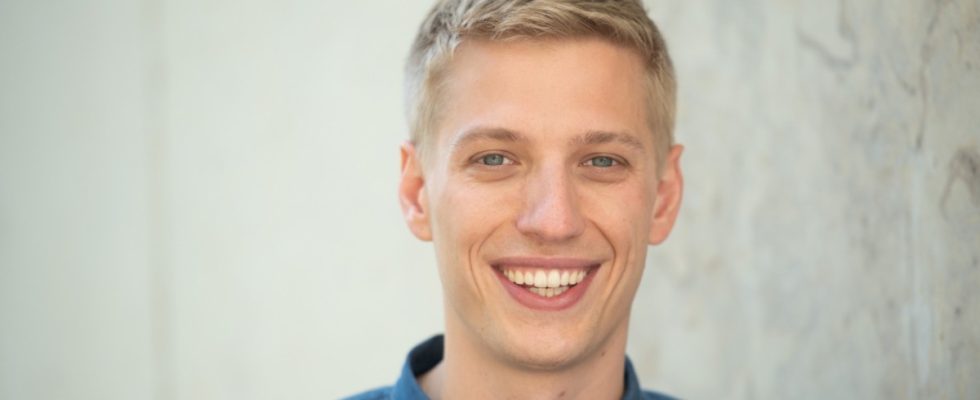The change of office at the top of the Munich city council is almost complete: On Wednesday morning, the general assembly of the city council elected Dominik Krause, the previous parliamentary group leader of the Greens/Pink List, as the new second mayor. Krause received 40 of 78 votes. 21 votes were invalid, the rest went to other people. Krause succeeds his party colleague Katrin Haben Schaden, who had previously resigned from office because she was taking a job in the private sector at Deutsche Bahn. Since she is formally in office until the end of the day, Krause can only be sworn in at the next general meeting; it will take place in five weeks, on November 29th.
“I really want to do it,” Krause said before the election: “I respect it, but you can do a lot.” He sees his future task as mayor as “pushing the policies of the majority parties forward, but also taking along the others who don’t feel represented by the majority.” The qualified physicist has so far been very committed to the energy transition; he designed a corresponding model for Munich for his master’s thesis.
“We need the energy transition, there is no option to let it continue,” he says. Of course, he knows that there are many people in the city “who are afraid of further changes after two major crises. You have to take them with you.” As mayor, he would be “better able to mediate than as parliamentary group leader.” In this role, he also polarized people when necessary.
At 33, Dominik Krause is the youngest mayor of Munich since the Second World War. Hans-Jochen Vogel (SPD) was 34 when he was elected mayor in 1960. He is also the first to live openly in a gay relationship. Krause already has almost a decade of local political experience: He was first elected to the city council in 2014, quickly rose to the parliamentary group executive committee and took over it together with Mona Fuchs almost a year and a half ago. After Katrin Haben Schaden’s resignation announcement, he automatically moved into the group of candidates for her successor, especially since Mona Fuchs has no ambitions in this regard.
Since he has walked a long path together with Katrin Haben Schaden, it now feels “appropriate to follow in her footsteps if necessary,” says Krause. Both came to the city council in 2014 and were promoted to the parliamentary group executive committee in 2017. In 2020 they campaigned together in the local elections, with Krause in the background as city chairman of the Greens and Haben Schaden in the foreground as the top candidate.
Dominik Krause was born in Munich and graduated from the Louise Schroeder High School in Allach-Untermenzing in 2009. The school is named after an SPD politician who once served as mayor of Berlin. From May 1947 to December 1948 she filled the post on a provisional basis because the elected Ernst Reuter was initially unable to take up the post due to an objection from the Soviet occupying power.
During his community service at the Montessori school in Großhadern, he experienced how open neo-Nazis were at a nearby war memorial in Forstenried. That was the trigger for his political involvement. He then dedicated himself to the fight against right-wing extremism, looked for a party that shared his ideals and joined the Green Youth. The student was soon asked whether he would like to represent his issue on the city council.
At the same time, he continued his studies, but occasionally took a long break from politics. During his studies, he briefly considered a career in astrophysics, but then decided to stay in politics full-time. With the office of Second Mayor, he takes on a high municipal office for the first time.

